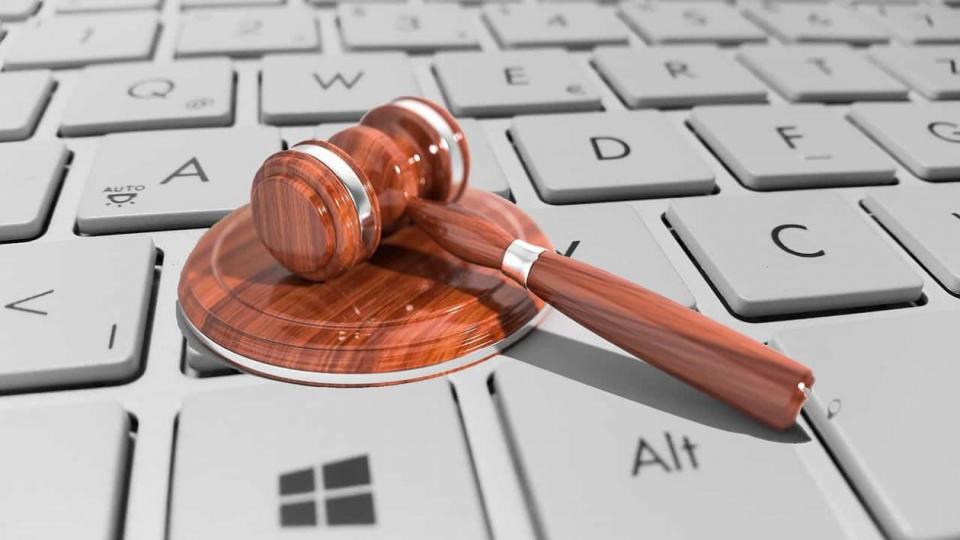
A U.S. judge has ruled that “certain crypto assets” traded on secondary markets are securities.
This ruling emerged from an insider trading case involving Ishan Wahi, a former product manager at Coinbase, his brother Nikhil Wahi, and their friend Sameer Ramani.
The trio was accused of trading crypto assets based on confidential information, with Ramani profiting US$817,602 from the illicit activity.
The case, initially brought by the U.S. Securities and Exchange Commission (SEC), focused on the trio’s illegal trading of tokens based on insider information that Ishan Wahi had access to.
On March 1, the court delivered a default ruling against Ramani, who remains at large, categorizing the cryptocurrencies involved as securities under the Howey Test. This test determines whether a transaction qualifies as an “investment contract” and therefore a security, based on an investment of money in a common enterprise with an expectation of profits predominantly from the efforts of others.
The court’s decision aligns with the SEC’s broader stance on digital assets, which has seen actions against other entities, such as the LBRY team, which admitted defeat in October 2023. This ruling could set a precedent affecting how crypto assets are treated in secondary markets, potentially impacting their trading on centralized crypto exchanges.
Paul Grewal, chief legal officer at Coinbase, responded to the ruling on social media, downplaying its impact. He argued that default judgments hold little weight as precedent because they are not contested, and the judge only considers the SEC’s filings.
Grewal criticized the SEC’s approach of suing absent defendants and intermediaries, suggesting it neglects those with the most information to counter the SEC’s arguments.
This article was originally published by a finance.yahoo.com . Read the Original article here. .

